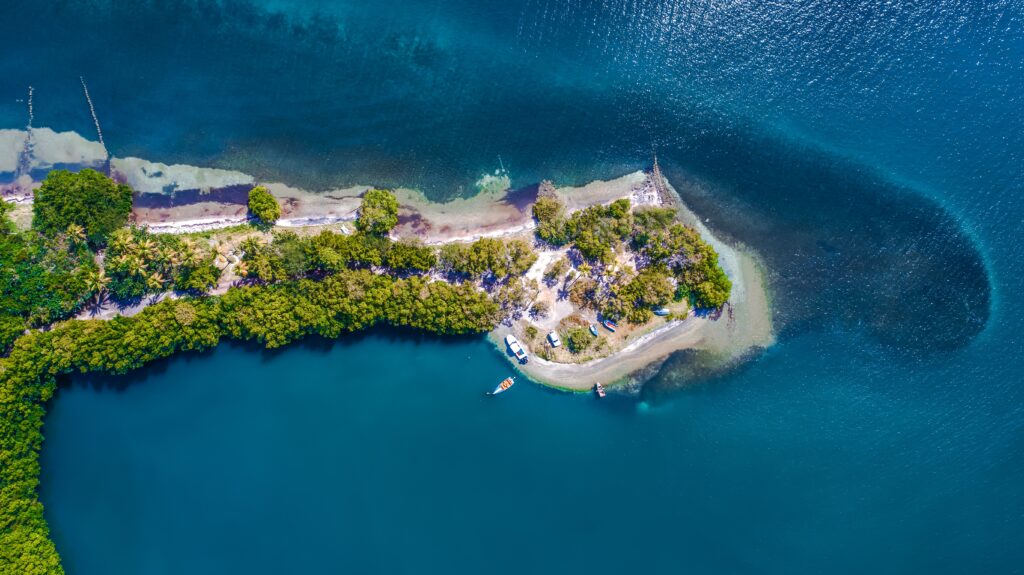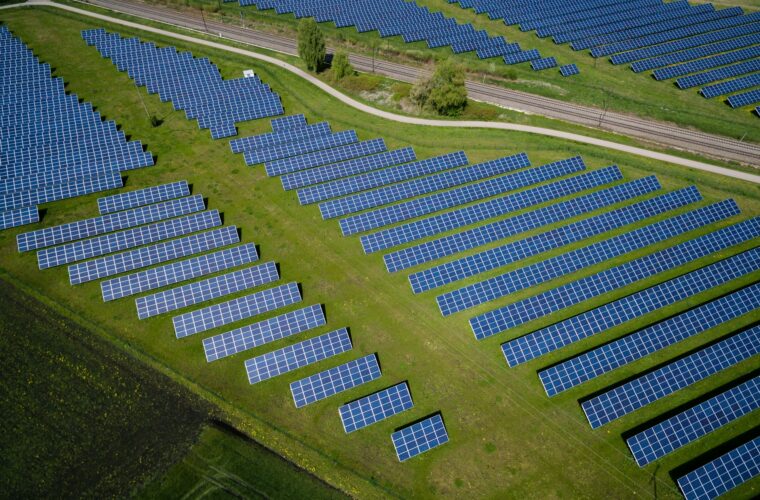Current Trends and Sustainable Initiatives
The concept of the Blue Economy has been making waves globally, with nations recognizing the immense potential of their marine resources and coastal ecosystems. This economic paradigm shift emphasizes the responsible utilization of oceans, seas, and coastal areas to drive economic growth while preserving these valuable ecosystems. In this article, we will explore what the Blue Economy entails and highlight some current developments, supported by facts and case studies, to shed light on the global efforts to harness its potential.
Understanding the Blue Economy
The Blue Economy is a holistic approach to the sustainable use of marine resources, encompassing various sectors such as fisheries, aquaculture, tourism, shipping, renewable energy, and more. It emphasizes balancing economic growth, social well-being, and environmental protection. According to the World Bank, the Blue Economy can be viewed as “the sustainable use of ocean resources for economic growth, improved livelihoods, and jobs while preserving the health of the ocean ecosystem.”
Current Initiatives and Case Studies
Sustainable Fisheries Management: New Zealand New Zealand has set a benchmark in sustainable fisheries management. They have preserved their fish stocks and ecosystem health by implementing strict quotas and monitoring systems. This has led to increased seafood exports, contributing significantly to their economy.
Marine Renewable Energy: Scotland Scotland’s commitment to marine renewable energy, including offshore wind and tidal power, has made it a global leader in this field. The MeyGen tidal energy project in the Pentland Firth is a prime example of generating clean energy and creating jobs.

Coastal Tourism: The Maldives The Maldives, emphasising sustainable tourism practices, has protected its coral reefs and marine biodiversity. Tourists flock to the Maldives for its pristine beaches and the unique marine experiences it offers.
Plastic Waste Management: The Ocean Cleanup The Ocean Cleanup, founded by Boyan Slat, is a pioneering initiative that aims to clean up the Great Pacific Garbage Patch using innovative technology. Their efforts have already resulted in removing significant amounts of plastic debris from the ocean.
Blue Biotechnology: Norway Norway has invested in blue biotechnology, utilizing marine organisms for pharmaceuticals, nutraceuticals, and other applications. This emerging sector holds promise for economic diversification and medical advancements.
Challenges and Conservation Efforts
While the Blue Economy presents numerous opportunities, it faces substantial challenges, including overfishing, habitat destruction, pollution, and climate change. However, global efforts are underway to address these issues:
Sustainable Fishing Practices: Implementation of ecosystem-based management and reducing bycatch are crucial steps towards sustainable fisheries.
Marine Conservation: Expanding marine protected areas (MPAs) and establishing international agreements to combat illegal, unreported, and unregulated (IUU) fishing.
Climate Resilience: Developing climate-resilient infrastructure and promoting renewable energy sources to mitigate the impact of climate change on coastal communities.
Plastic Pollution Control: Stricter regulations on single-use plastics, waste management systems, and promoting recycling to reduce marine litter.
The Blue Economy represents a promising path towards economic prosperity while ensuring the preservation of our oceans and coastal ecosystems. It requires a collective effort from governments, businesses, and individuals to balance economic growth and environmental stewardship. As evidenced by the case studies and ongoing initiatives mentioned, the world is gradually recognizing the significance of the Blue Economy and working together to make it a reality, ensuring that the wealth of our oceans benefit current and future generations.



